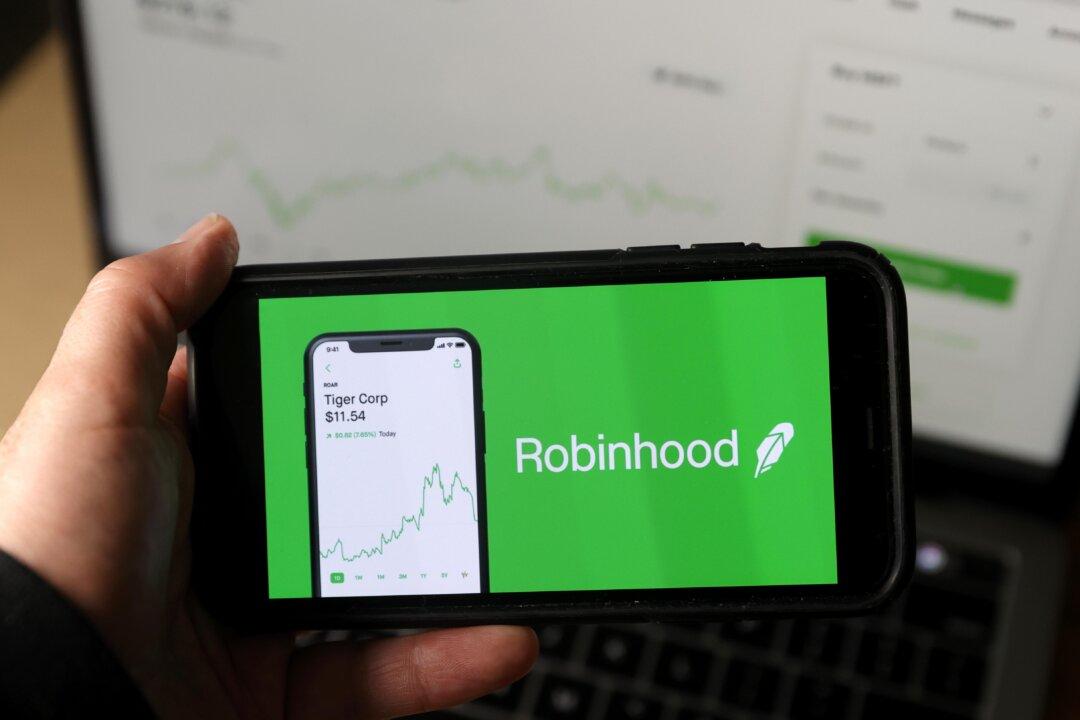Mobile brokerage firm Robinhood is essentially “shooting itself in the foot” by blocking its users from purchasing stocks of companies such as GameStop Corp. that were soaring in value after individual investors banded together to squeeze Wall Street hedge funds, according to analyst Charles Mizrahi—host of “The Charles Mizrahi Show” and creator of the Alpha Investor newsletter.
The company and various other platforms restricted access to purchases of hot stocks such as GameStop, Koss Corp., and AMC Entertainment Holdings Inc., a move that has prompted members of Congress in recent days to call for an investigation into whether there was collusion by hedge funds and the retail stock investment app.






